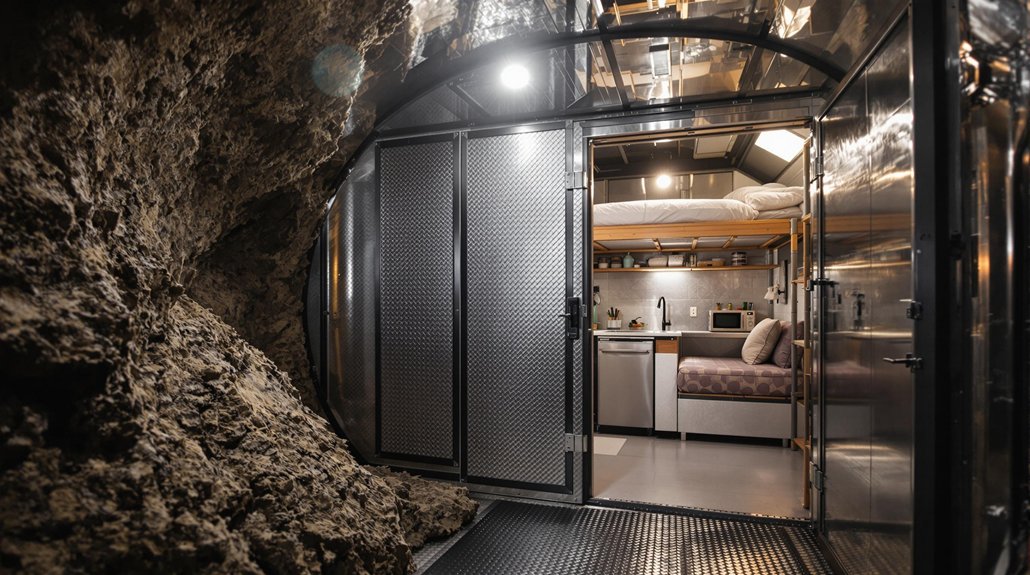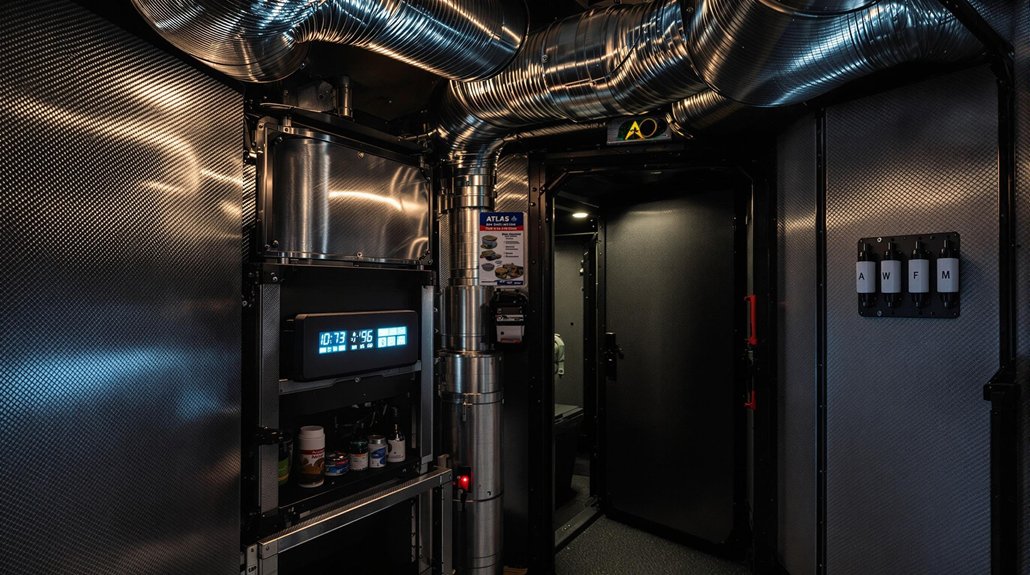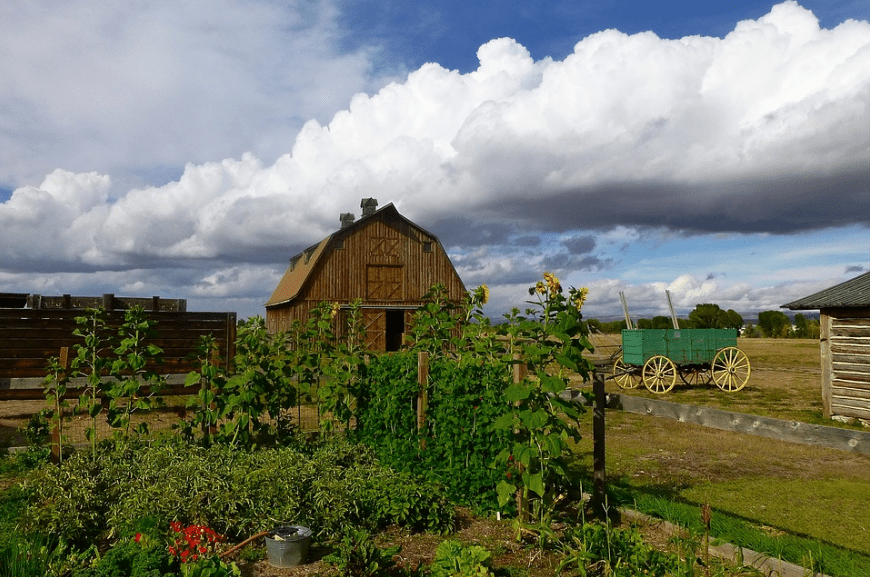Atlas Survival Shelters Review: Are They Worth the Investment?

Thinking about taking your emergency preparedness to the next level? Atlas Survival Shelters is one of the most well-known names in the underground bunker world, offering everything from compact steel shelters to luxury survival spaces. But with price tags that can reach into the tens or even hundreds of thousands, many people are asking the big question: Are Atlas Survival Shelters really worth the investment?
In this review, we’ll break down the features, build quality, customization options, and overall value of these shelters to help you decide if they’re the right choice for your peace of mind and long-term safety.
Company Reputation and Customer Feedback
While Atlas Survival Shelters has carved out a name in the survival shelter market, its reputation has come under serious scrutiny.
The company currently holds a troubling 2.5-star rating, reflecting a wave of customer dissatisfaction. Numerous buyers have reported structural issues and poor customer service, with financial losses estimated at over $412,000. One retired firefighter shared his experience of a shelter collapse and water infiltration—an incident that led to major financial hardship.
A recurring theme among complaints is a lack of communication: ignored calls, broken promises, and lengthy delays have left many customers frustrated. Online, reactions are mixed, with some users accusing the company of posting fake reviews, while others call for hard proof of these claims. The result is a growing debate that continues to cloud Atlas's standing in the industry.
In light of these challenges, it is crucial for companies like Atlas Survival Shelters to understand past collapses and learn from historical patterns to improve their products and customer relations, ensuring resilience and satisfaction in their offerings.
Product Quality and Design Versatility
View this post on Instagram
Quality is a central focus at Atlas Survival Shelters, and the company takes pride in managing every aspect of manufacturing in-house. Unlike some competitors—such as Rising S Bunkers—Atlas does not outsource production, allowing for tighter control over consistency, craftsmanship, and construction standards. Their commitment to using high-grade materials enhances the long-term durability and reliability of their shelters. In response to past customer concerns, Atlas has made notable improvements in both the strength and design of their bunkers, reinforcing structural integrity. The company also partners with trusted suppliers to ensure critical components, like their Swiss-made NBC air filtration systems, meet strict performance and safety standards. This hands-on approach to quality control reflects Atlas’s promise to deliver shelters built to last—and to protect. While Atlas Survival Shelters earns praise for its in-house manufacturing and build quality, its customer service tells a different story. Many customers report ongoing difficulties when trying to get support, with unanswered calls and delayed responses being common complaints. If you’re considering a purchase, here are some recurring issues buyers have faced: Delayed Communication: Many report slow or no replies to emails and phone inquiries. Refund Challenges: Requests for refunds are often met with resistance or complete silence. Broken Promises: Missed deadlines and unfulfilled commitments have left several customers frustrated. Legal Action: In some cases, unresolved disputes have escalated to legal proceedings. Competitive Disadvantage: Rivals like Rising S Bunkers are frequently cited for providing more responsive and reliable customer support. These ongoing concerns have created a negative perception around Atlas’s customer service, raising legitimate questions about the overall value and reliability of the investment. When comparing Atlas Survival Shelters to its competitors, a few key differences come into focus. Atlas stands out for its wide range of shelter designs, offering more variety than Rising S Bunkers, which primarily specializes in square modular units. Atlas also emphasizes high-quality construction, featuring durable materials and premium components—such as a Swiss-made NBC air filtration system with 60 pounds of carbon—surpassing the smaller filtration units used by Rising S. Another advantage is Atlas’s fully in-house manufacturing process, which allows for tighter quality control and consistency across its product line. In contrast, Rising S is known to outsource parts of its production, which may impact overall oversight. However, despite these strengths, Atlas faces notable customer service challenges. Issues related to communication, delays, and unmet expectations have affected consumer satisfaction. In this area, Rising S appears to outperform, with more consistent feedback regarding client support and project follow-through.Air Filtration Systems and Safety Features

Quality Control in Manufacturing
Customer Service and Support
Market Position and Competitor Comparison
Financial Considerations and Investment Value
Investing in Atlas Survival Shelters can be a significant financial undertaking, often exceeding $300,000 initially.
Despite the hefty price tag, many customers have experienced financial losses, totaling around $412,500 due to failures and inadequate installations. This raises concerns about the investment value of these shelters.
Reports point to:
- Further repair costs and replacement of lost supplies.
- A retired fireman's financial woes from a shelter collapse.
- Consumers' dissatisfaction with quality and reliability.
- Comparisons showing competitors like Rising S Bunkers offer better long-term value.
- Issues with service and product quality impacting perceived worth.
Before committing, weigh these factors carefully to confirm you're making a worthy investment that won’t lead to unexpected financial setbacks.




